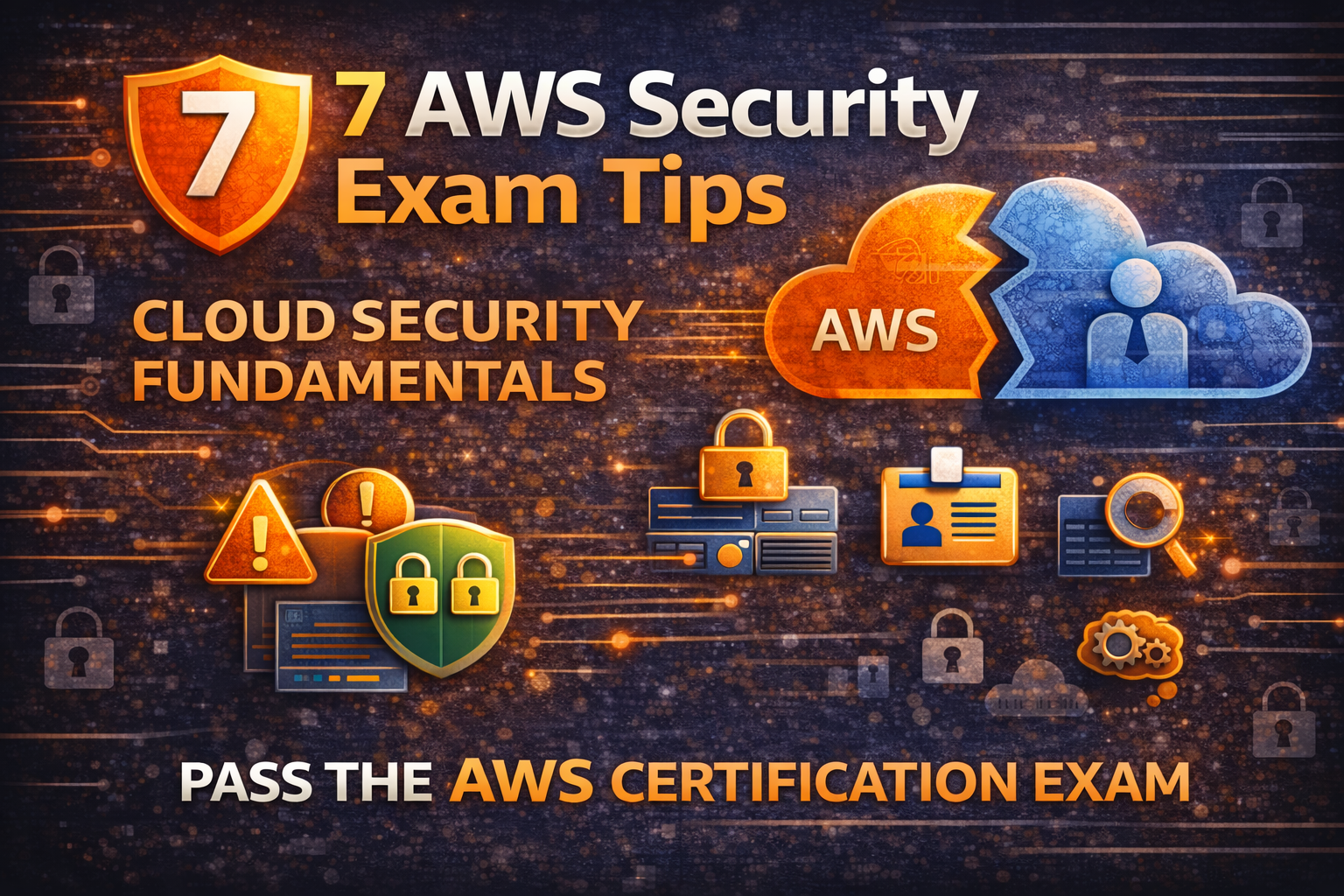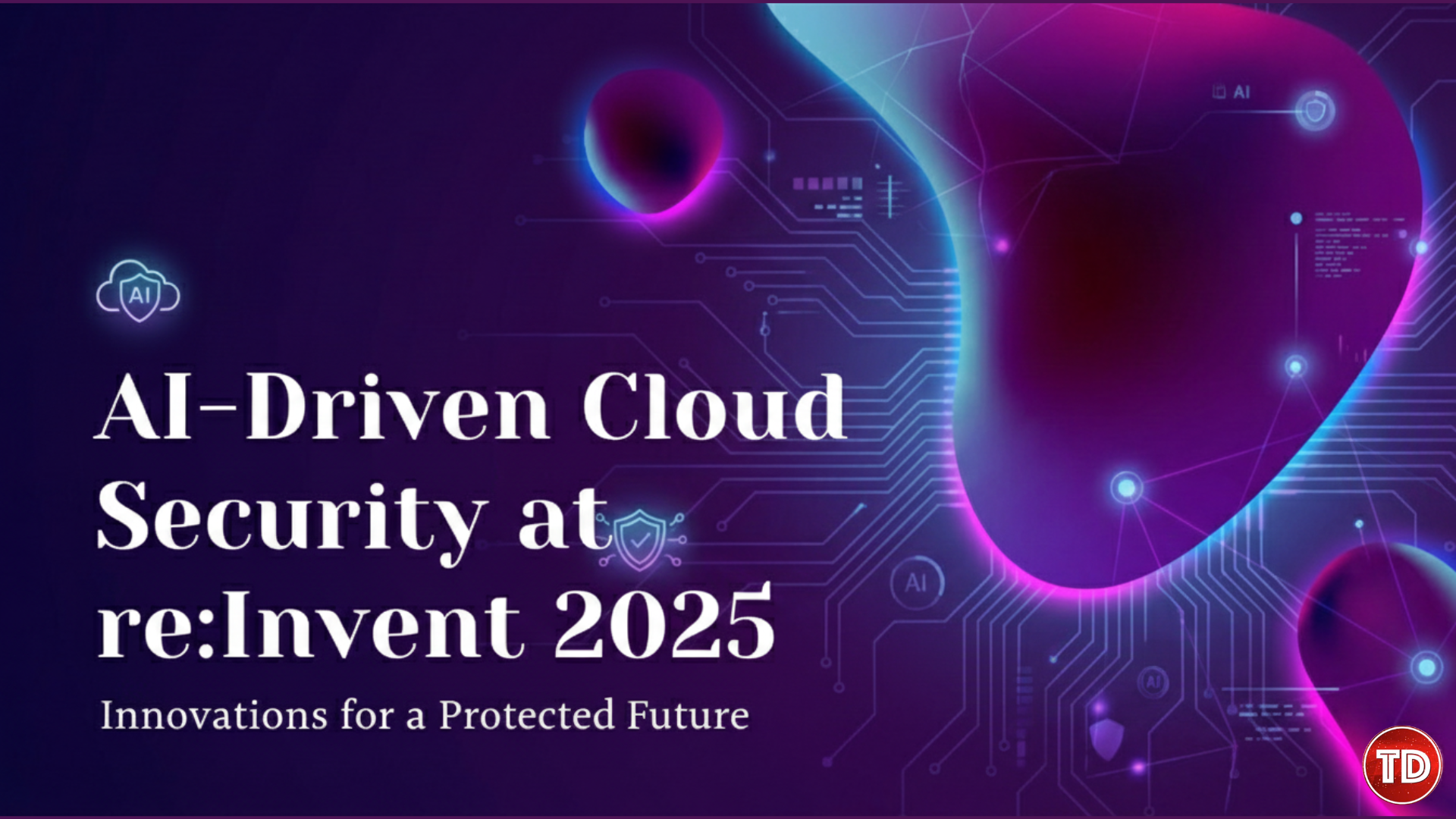Top AWS Security Concepts for Any AWS Certification Exam
Wadie Camaligan2026-02-02T15:59:52+00:00Cloud Security is not just a specialized topic in AWS; AWS certification exams actively test it as a core competency. In practice, whether you are preparing for the AWS Cloud Practitioner, Solutions Architect Associate, SysOps Administrator, or even the Security Specialty, security concepts appear in almost every section of the exam. For this reason, these exams are designed to assess how well you can design, operate, and secure cloud systems in real-world scenarios. Here are the top AWS security fundamentals you must familiarize yourself with to succeed in any AWS certification exam. Why AWS Exams Focus Heavily on [...]










